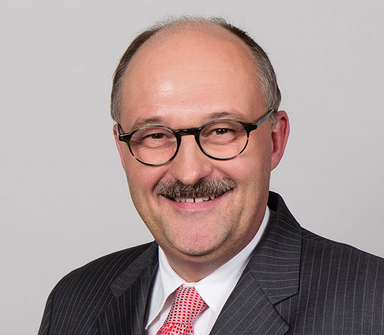Dr. Meister, State Secretary for the Department for Education and Research visits XPLM

Viernheim – The German Member of Parliament for the Bergstraße and state secretary for the Department of Education and Research, Dr. Michael Meister, visited XPLM Solution GmbH at their Viernheim office to learn more about the innovative company and take a look at their plans for innovation and goals for the future.
To begin with, both of our Company Directors Karl „Charly“ Wachtel and Rolf Pfenning, explained that the acronym PLM stands for Product-Lifecycle-Management All information generated during the lifecycle of product development and production is collated in such a system while also considering agreed methods, processes and organization structures. It is used by the IT system to record and manage data. Wachtel continued to explain that XPLM is an independent IT Service Provider and System Integrator in the PLM field, specializing, in particular in the configuration and development of integration solutions for Mechanical, Electrical and Electronic CAD tools and Software. Additionally, both directors gave Dr. Meister an overview of the company’s history and important milestones, while making reference to the growth of the company from its grounding in 2005 in Dresden to 100 employees across four locations in Germany, the USA, in Russia and Slovakia, today. Herr Wachtel and Herr Pfenning were proud to share that XPLM now belongs to one of the leading Integration providers for product development systems worldwide.
When asked by Meister, Wachtel explained that the grants from the Department of Education and Research are of vital importance for small medium-sized companies in the development of innovation. Without help, it is impossible for a new business to invest in research at the start of its journey. The collaboration with universities or institutes is also an important building block for XPLM. The Company Directors had looked forward to Hr. Dr. Meister’s visit and used the opportunity to share their thoughts on the advantages and disadvantages of grants and with this give Hr.Dr.Meister insight into how innovation in Germany, from their perspective, could be better supported and promoted. Both the impetus and suggestions for improvement were of interest to Hr. Dr. Meister and gratefully received.